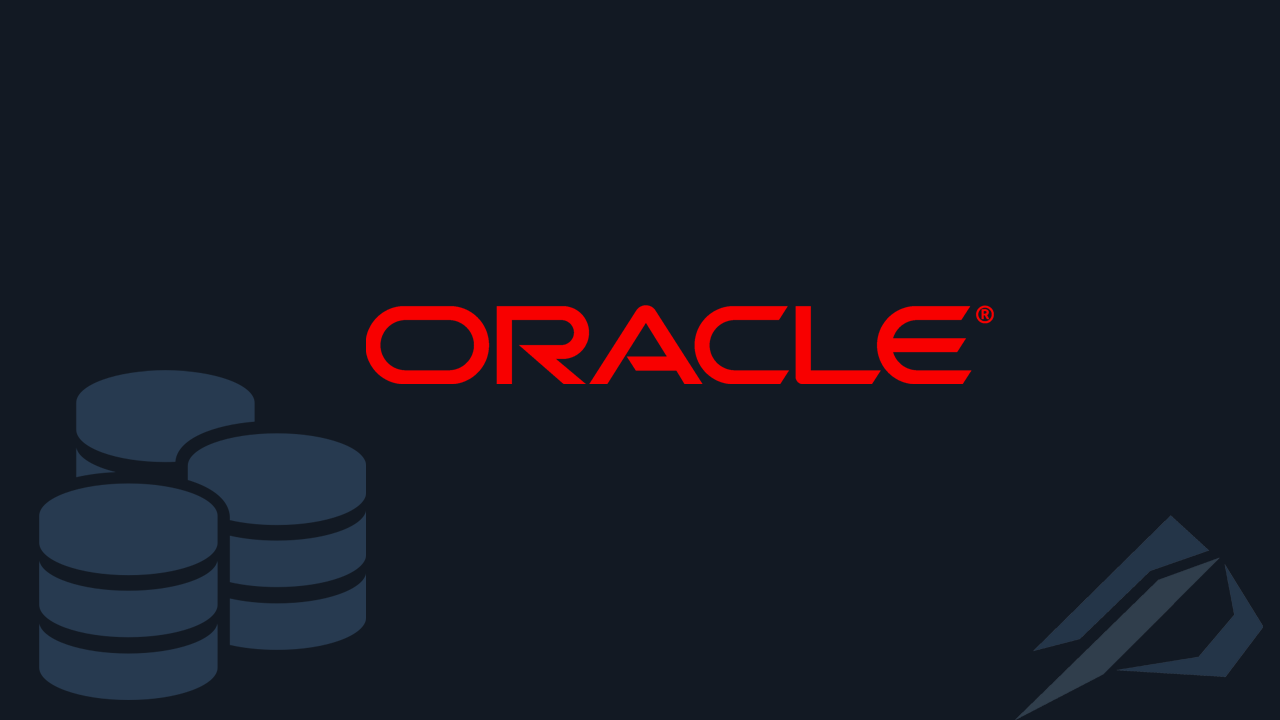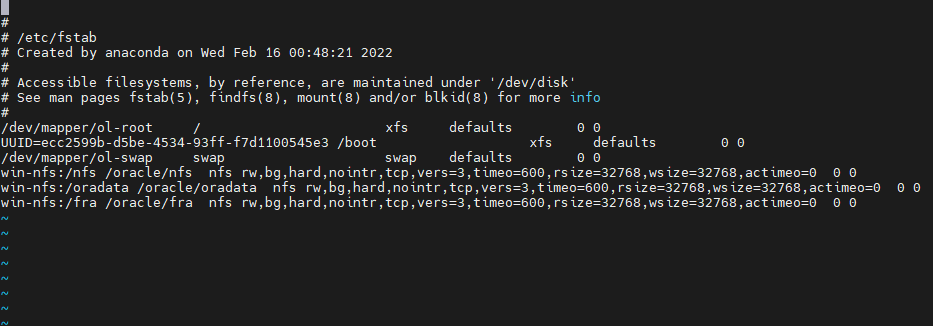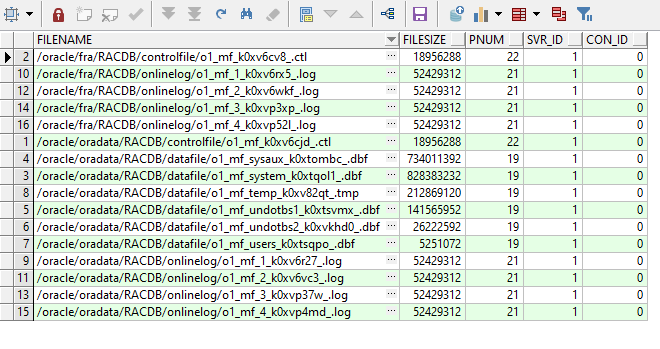How to enable Oracle Direct NFS for increased performance between Oracle Database and NFS Shares

- How to convert a database from Physical Standby to Logical Standby in Oracle Data Guard - 2 June 2025
- How to roll back an Oracle Database using a restore point in a Data Guard environment - 28 April 2025
- How can we increase performance on Oracle GoldenGate Replicat target with parallelism? - 19 March 2025
In this article we will see how to activate it Direct NFS for connectivity Oracle Database with NFS Servers. When we activate it, the communication between the Oracle Database and NFS Servers takes place directly, without involving the kernel of the operating system, improving the performance at the I/O level as well as the rest of the resources (CPU, RAM). Supports parallel I/O, asynchronous I/O and many security options.
It gets the information about NFS Shares from /etc/fstab (mtab).
The footsteps
We create the folders with the oracle user as owner and the following permissions:
su root mkdir -p /oracle/nfs mkdir -p /oracle/oradata mkdir -p /oracle/fra chown -R oracle:oinstall /oracle/nfs chown -R oracle:oinstall /oracle/oradata chown -R oracle:oinstall /oracle/fra chmod -R 775 /oracle/nfs chmod -R 775 /oracle/oradata chmod -R 775 /oracle/fra
To be sure that the rights to the NFS Server will not be cut, we go to the exports file and add a record for each NFS Share as below:
vi /etc/exports
/oracle/nfs *(rw,sync,no_wdelay,insecure_locks,no_root_squash)
/oracle/oradata *(rw,sync,no_wdelay,insecure_locks,no_root_squash)
/oracle/fra *(rw,sync,no_wdelay,insecure_locks,no_root_squash)Then we restart the NFS service:
chkconfig nfs on
service nfs restartWe add to the archive /etc/fstab one entry for each NFS Share so that they mount themselves when each machine starts:
su root vi /etc/fstab
win-nfs:/nfs /oracle/nfs nfs rw,bg,hard,nointr,tcp,vers=3,timeo=600,rsize=32768,wsize=32768,actimeo=0 0 0
win-nfs:/oradata /oracle/oradata nfs rw,bg,hard,nointr,tcp,vers=3,timeo=600,rsize=32768,wsize=32768,actimeo=0 0 0
win-nfs:/fra /oracle/fra nfs rw,bg,hard,nointr,tcp,vers=3,timeo=600,rsize=32768,wsize=32768,actimeo=0 0 0

Now we are ready to mount them:
mount /oracle/nfs mount /oracle/oradata mount /oracle/fra
If we want to give specific other options (e.g. Kerberos security option) beyond what it has in /etc/fstab then we can create the file $ORACLE_HOME/dbs/oranfstab which overrides the /etc/fstab:
vi $ORACLE_HOME/dbs/oranfstab
We declare the NFS Server with its IP, NFS protocol and NFS Shares:
server: win-nfs # nfs server hostname path: 172.25.94.95 # nfs server ip nfs_version: nfsv3 export: /nfs mount: /oracle/nfs export: /oradata mount: /oracle/oradata export: /fra mount: /oracle/fra
From Oracle Database 12c onwards Direct NFS enabled by default alone. If it is not already enabled and we want to enable it, we run the following:
cd $ORACLE_HOME/rdbms/lib make -f ins_rdbms.mk dnfs_on
Accordingly if we want to disable it:
cd $ORACLE_HOME/rdbms/lib make -f ins_rdbms.mk dnfs_off
How do we check if it's activated?
To see that it has been activated when we create the database we run the following select, to see if it will bring records:
select * from v$dnfs_servers;

We can also see the files that use Direct NFS with the following query:
select * from v$dnfs_files;

Another way to see if Direct NFS is enabled is to look at the alert log of Oracle Database when it starts if it displays the message:
Oracle instance running with ODM: Oracle Direct NFS ODM Library Version 3.0But if it shows us the following error:
Direct NFS: please check that oradism is setuidWe should change the owner to root and the permissions on the file oradism:
chown root:oinstall $ORACLE_HOME/bin/oradism chmod 4750 $ORACLE_HOME/bin/oradism




